Disclosure: This article contains affiliate links. We may earn a commission from purchases at no extra cost to you, which helps our travel content.
After spending three decades traversing the country for career development conferences, I've become something of an accidental expert at identifying strategic travel hubs. Vancouver, Washington might not make most travelers' bucket lists, but this unassuming city sitting just across the Columbia River from Portland offers an ingenious base for Pacific Northwest exploration—particularly for the budget-conscious traveler who still wants access to the region's volcanic wonders, historic stadiums, and antique treasures.
Why Vancouver, WA Makes Logistical Sense
Vancouver, Washington exists in a peculiar sweet spot of Pacific Northwest geography that savvy travelers can leverage to their advantage. Situated directly across the Columbia River from Portland, Oregon, it provides immediate access to Portland's amenities without the premium price tag of staying within city limits. The Interstate Bridge connects the two cities in a mere 15-minute drive (barring rush hour traffic, which deserves its own cautionary paragraph).
During a recent week-long exploration of the region, I secured a comfortable room at the Comfort Inn for approximately 30% less than comparable accommodations in downtown Portland. The hotel offered complimentary parking—a significant cost-saving measure compared to Portland's daily parking rates that can quickly accumulate to the price of a decent meal.
Vancouver also positions you at the gateway to multiple directional adventures: north to Mount St. Helens and Seattle, east to the Columbia River Gorge, south to Salem and Crater Lake, and west to the Pacific coastline. This geographical advantage eliminates the need to repeatedly pack and unpack as you explore different compass points of the region.
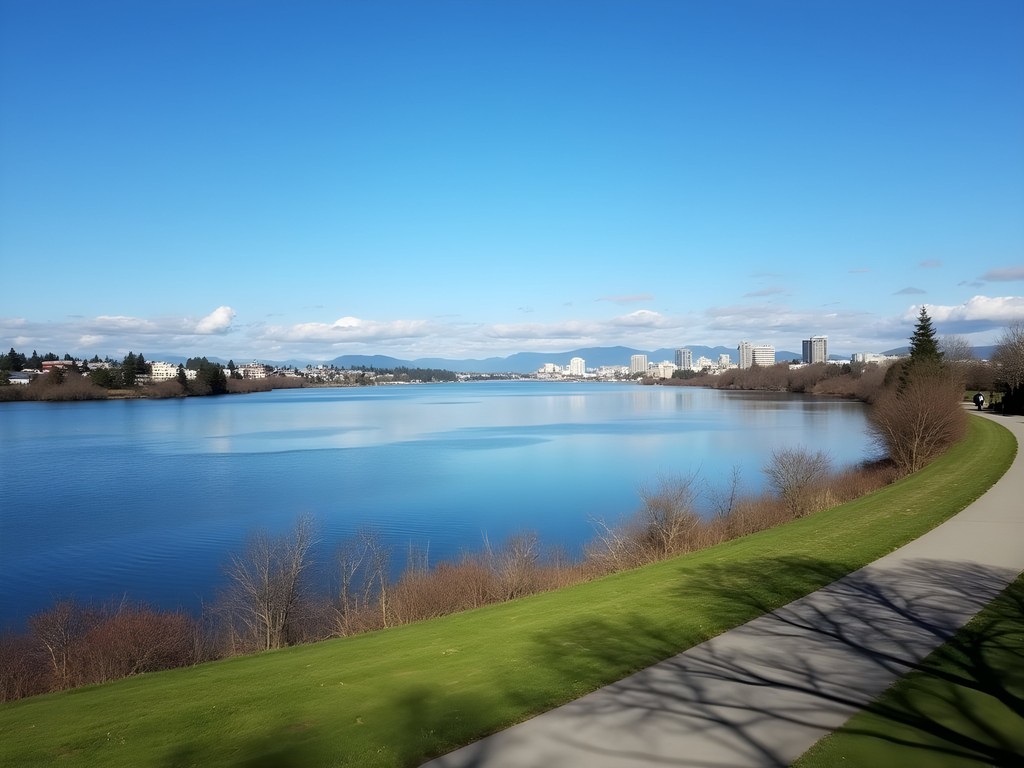
💡 Pro Tips
- Book accommodations in east Vancouver for easier access to the Columbia River Gorge
- Consider the Vancouver Hilton for its central location if planning to use public transit
- Avoid crossing the Interstate Bridge between 7-9 AM and 4-6 PM on weekdays
Transportation Options & Cost Analysis
When using Vancouver as your hub, transportation planning becomes a crucial element of your Pacific Northwest experience. Here's my analytical breakdown after testing various options during my week-long stay:
Personal Vehicle: If you're driving to the region or renting a car, Vancouver offers free parking at most hotels and significantly cheaper daily rates at public garages compared to Portland. I recommend the road atlas as cell service can be spotty in mountainous areas, particularly around Mount St. Helens.
Public Transit: The C-TRAN bus system connects Vancouver to Portland's MAX light rail at Delta Park station. For $2.50, you can reach downtown Portland in approximately 40 minutes. Purchase a Hop Fastpass card ($3) and load it with daily or weekly passes for the best value.
Ride-sharing: Uber and Lyft operate throughout Vancouver with typical wait times of 5-10 minutes. A ride from central Vancouver to downtown Portland averages $25-30 outside of surge pricing periods.
Bicycle: For the athletically inclined, Vancouver connects to Portland via the I-5 Bridge with a dedicated bike lane. The bike lock is essential if you plan to leave your bike unattended in either city.
From a pure cost perspective, I saved approximately $215 over my week-long stay by basing myself in Vancouver rather than Portland, even accounting for transportation costs between the cities.
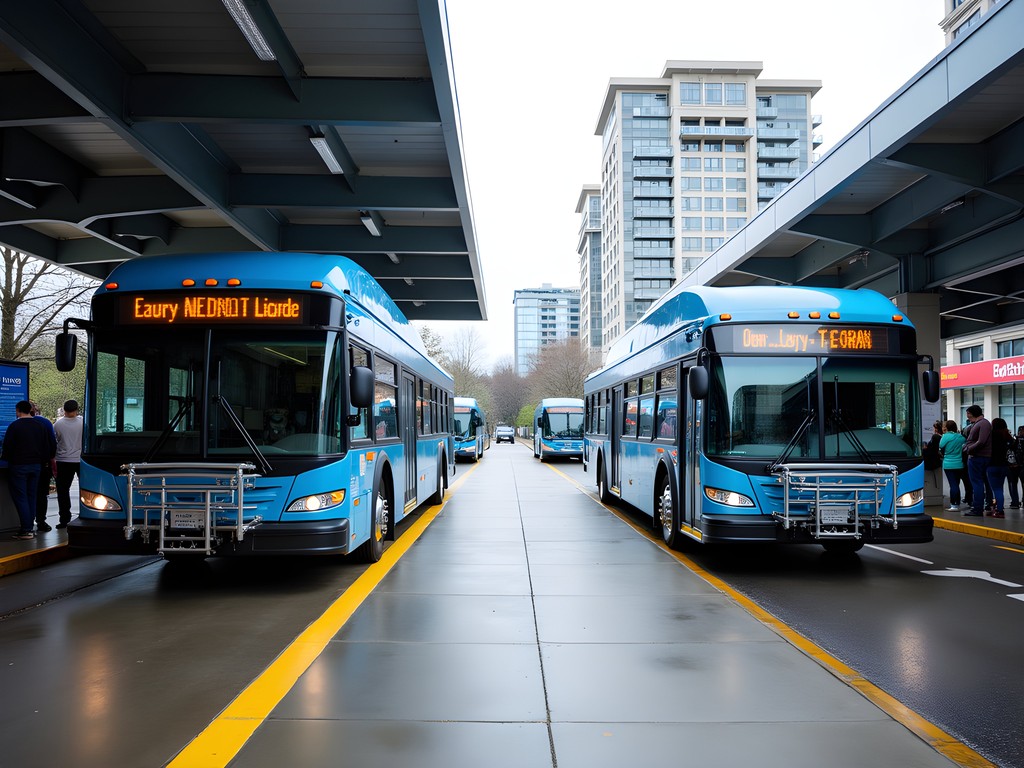
💡 Pro Tips
- Download the Hop Fastpass app to manage your transit card digitally
- Consider the weekly C-TRAN pass ($25) if making 3+ round trips to Portland
- Park at Park & Ride lots for free when using public transit into Portland
Day Trips to Volcanic Wonders
One of Vancouver's most compelling advantages is its proximity to the Cascade Volcanic Arc—a geological wonderland that has fascinated me since my first encounter with Mount Rainier years ago. Mount St. Helens, the site of the catastrophic 1980 eruption, lies just 50 miles northeast of Vancouver and makes for an ideal day trip.
During my recent visit, I departed Vancouver at 7:30 AM and arrived at the Johnston Ridge Observatory by 9:15 AM—early enough to beat the tour buses and secure unobstructed views of the mountain's massive crater. The binoculars I brought proved invaluable for observing the remarkable regrowth of vegetation and wildlife across the blast zone.
Mount Hood, visible from many Vancouver vantage points on clear days, is accessible via a 90-minute drive east. The historic Timberline Lodge (which film buffs will recognize from exterior shots in The Shining) offers year-round skiing and spectacular hiking trails during summer months.
For geology enthusiasts, the Columbia River Gorge presents textbook examples of basalt formations created by ancient lava flows. Beacon Rock State Park, just 35 minutes east of Vancouver, features a mile-long switchback trail to the summit of an ancient volcanic plug with panoramic gorge views that justify every step of the climb.
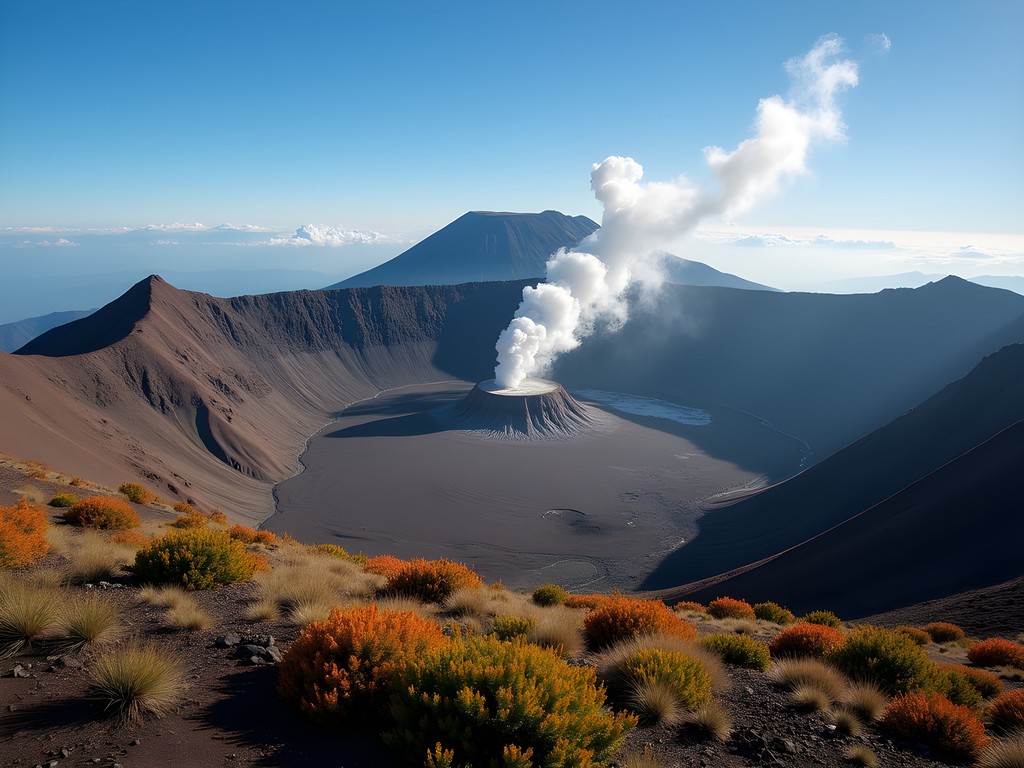
💡 Pro Tips
- Visit Mount St. Helens on weekdays to avoid crowds
- Check the Washington Trails Association website for current trail conditions
- Pack layers for mountain visits as weather conditions can change rapidly
Stadium Tours & Sporting Events
For fellow stadium enthusiasts, Vancouver's position provides convenient access to multiple professional sports venues. Portland's Providence Park, home to the Portland Timbers (MLS) and Portland Thorns (NWSL), sits just 20 minutes south of the Interstate Bridge. The intimate, European-style stadium dates to 1926 and offers some of the most passionate soccer atmosphere in North America.
During my stay, I lucked into tickets for a Timbers match against Seattle (the storied Cascadia Cup rivalry) and found myself thoroughly impressed by both the historic venue and the thunderous supporters' section. I captured the experience with my compact camera, which handled the challenging lighting conditions admirably.
For baseball aficionados, the Vancouver Canadians (High-A affiliate of the Toronto Blue Jays) play at historic Nat Bailey Stadium, a charming 1951 ballpark just across the Canadian border. While requiring a longer day trip (approximately 5-6 hours of driving round-trip), the journey offers a perfect excuse to explore Seattle's T-Mobile Park or Lumen Field along the way.
If you time your visit between September and April, the Portland Winterhawks of the Western Hockey League play at Veterans Memorial Coliseum, another architectural gem worth exploring for its distinctive glass bowl design and historical significance.
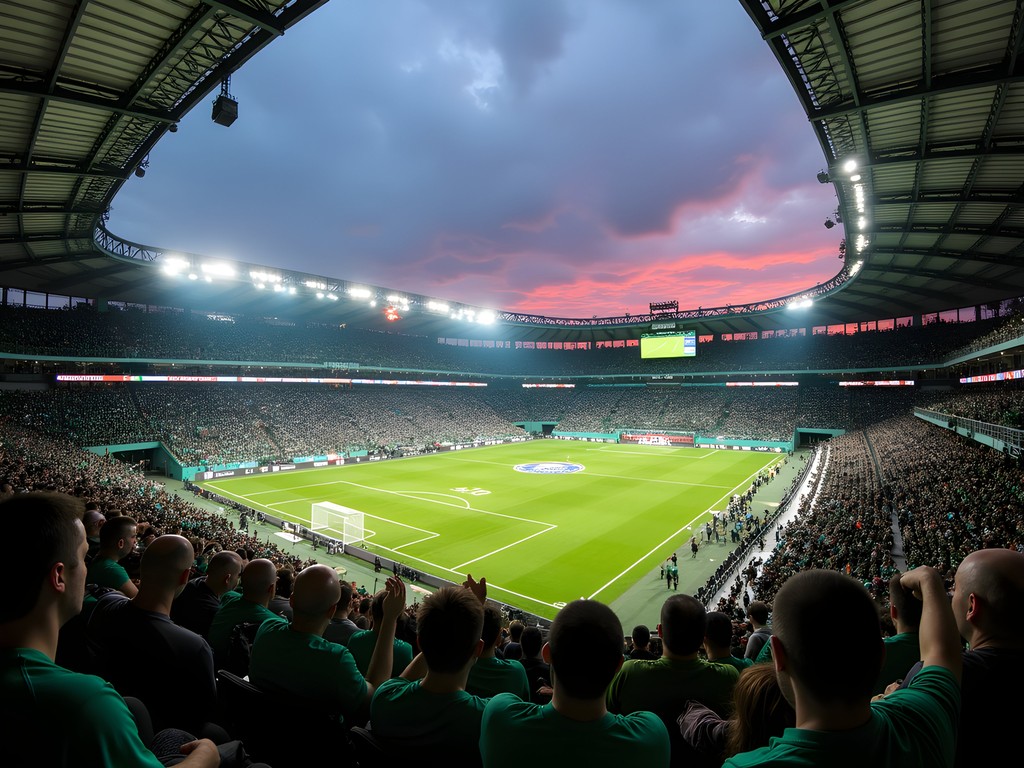
💡 Pro Tips
- Purchase Timbers tickets well in advance as matches frequently sell out
- Arrive at Providence Park 90 minutes early to experience the pre-match festivities
- Visit Veterans Memorial Coliseum during daylight hours to appreciate its architectural features
Antiquing Across State Lines
Vancouver's position at the Washington-Oregon border creates a unique advantage for antique hunters: access to two distinct state antique circuits without the burden of changing accommodations. As someone who inherited his father's baseball memorabilia and developed an appreciation for historical artifacts, I found this aspect particularly rewarding.
On the Washington side, the Vancouver Antique Mall houses over 60 dealers across 18,000 square feet, with strengths in mid-century furniture and Pacific Northwest memorabilia. During my visit, I uncovered a remarkably preserved 1950s Seattle Rainiers baseball program that now occupies a prized position in my collection.
Crossing into Oregon opens up Portland's renowned antique districts. The Sellwood neighborhood deserves special attention, with Stars Antique Mall and its two sister locations offering carefully curated selections that avoid the cluttered feeling of many antique establishments. I recommend bringing a tape measure if you're considering furniture purchases—I've made the mistake of eyeballing dimensions only to discover pieces wouldn't fit in my vehicle.
For serious collectors, time your visit to coincide with the Portland Expo Antique & Collectible Show, held five times annually at the Portland Expo Center. With 1,400+ booths, it's the largest show of its kind in the Pacific Northwest and easily accessible from Vancouver via the Yellow Line MAX.
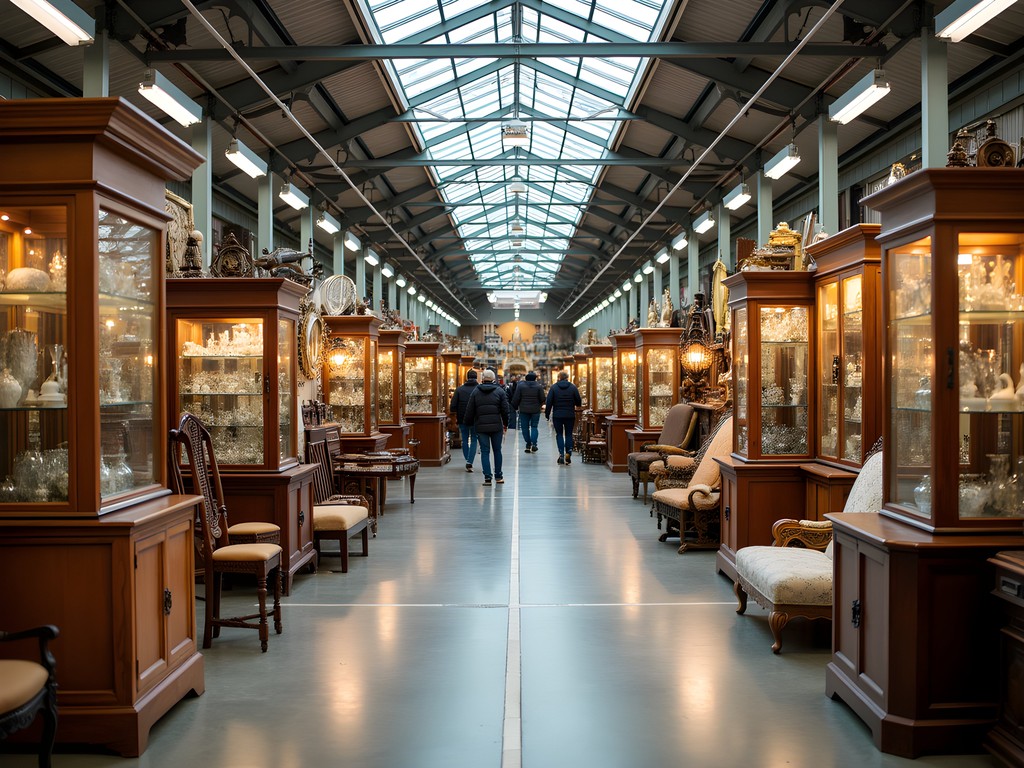
💡 Pro Tips
- Visit antique stores on weekdays for more attentive service and negotiating leverage
- Bring cash for better bargaining at smaller establishments
- Check each store's buying policies if you're looking to sell items from your own collection
Final Thoughts
After a week of using Vancouver, Washington as my strategic hub for Pacific Northwest exploration, I've become convinced that this approach represents one of the region's best-kept travel secrets. The cost savings alone—approximately 30% on accommodations and significant reductions in parking fees—justify the minor inconvenience of occasional bridge crossings.
Beyond pure economics, Vancouver's position at the confluence of major highways provides unparalleled flexibility for day trips in all directions. Whether you're drawn to the region's volcanic wonders, sporting venues, antique shops, or urban attractions, this unassuming city serves as an ideal launchpad for adventures tailored to your interests.
As career development professionals, we often counsel clients to identify their transferable skills and strategic advantages. Perhaps it's fitting that my professional mindset has spilled over into my travel planning—identifying Vancouver as a location whose greatest strength lies in its proximity to everything else. For your next Pacific Northwest adventure, consider this analytical approach to hub selection. Your travel budget will thank you, and you might just discover that Vancouver itself has evolved into a destination worthy of exploration.
✨ Key Takeaways
- Vancouver, WA offers 25-30% savings on accommodations compared to Portland
- Strategic location provides easy access to volcanic sites, stadiums, and antique districts
- Public transit options make car-free exploration feasible
- Consider seasonal timing to align with specific interests like sporting events or antique shows
📋 Practical Information
Best Time to Visit
year-round, though summer offers optimal hiking conditions
Budget Estimate
$800-1200/week including accommodations and transportation
Recommended Duration
5-7 days
Difficulty Level
Easy
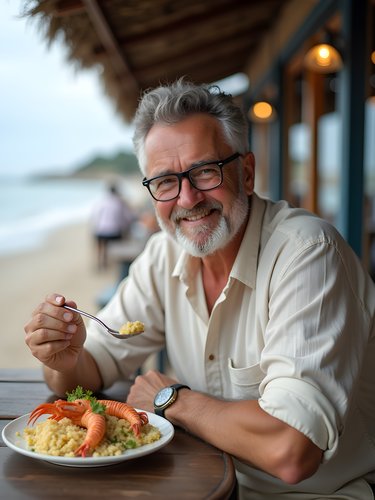
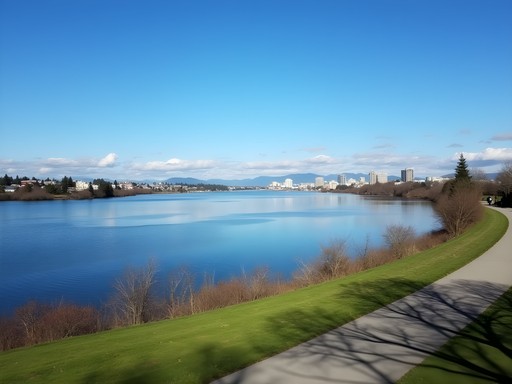
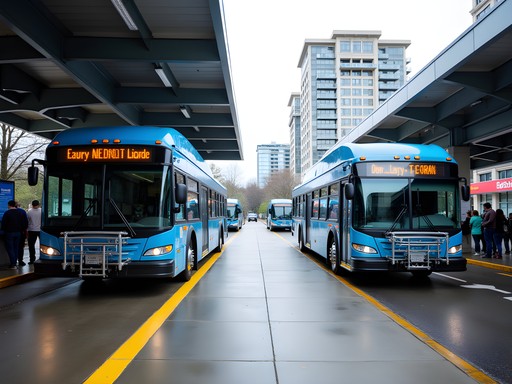
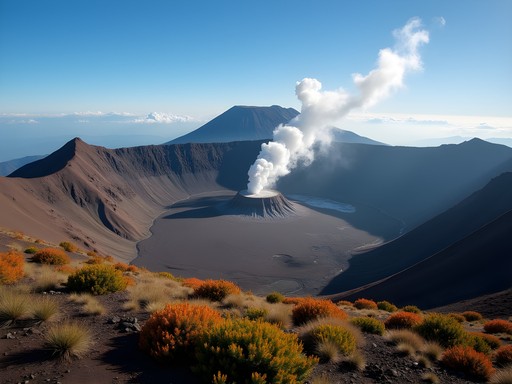
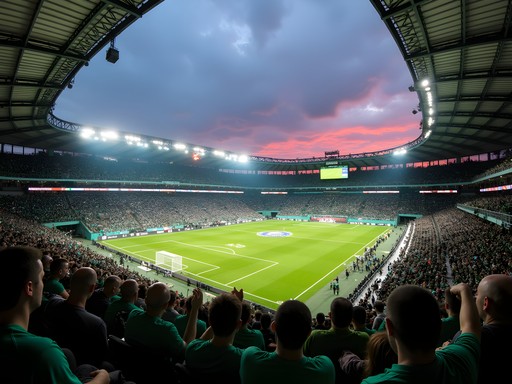
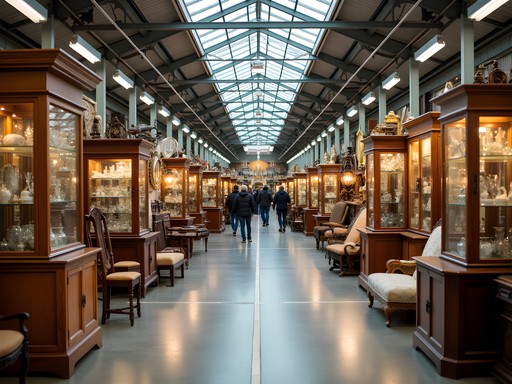


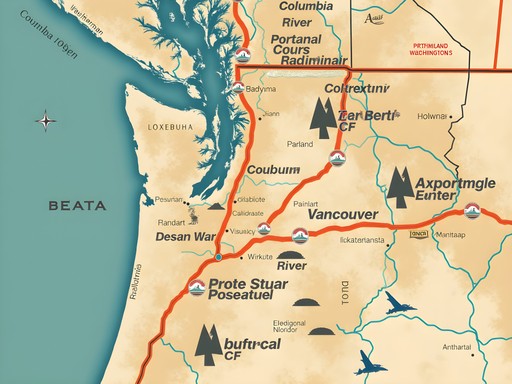
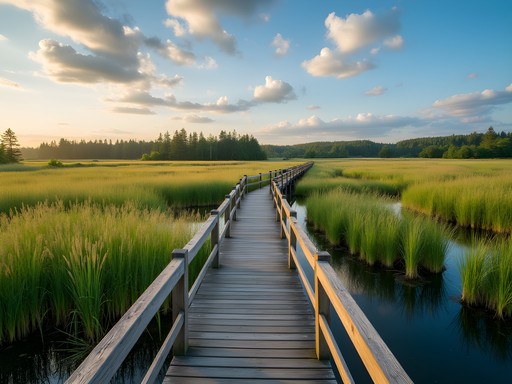
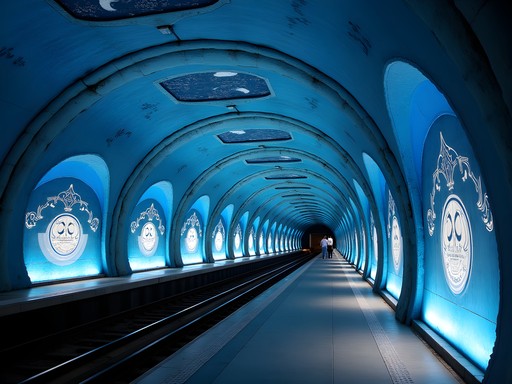
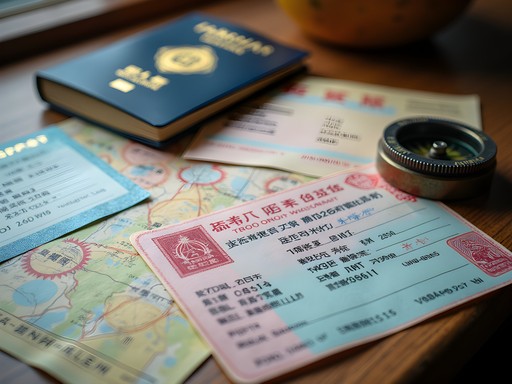

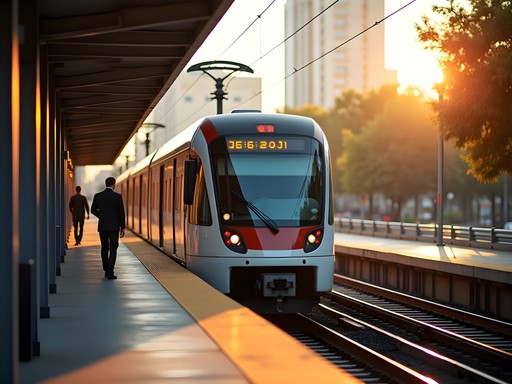
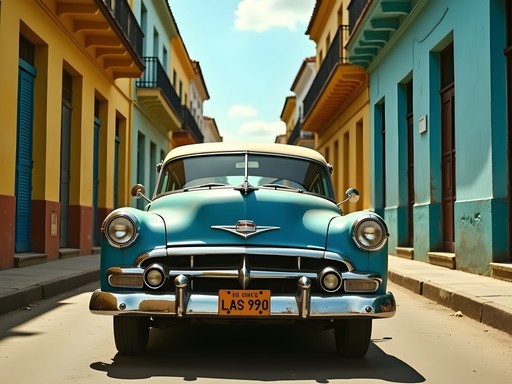
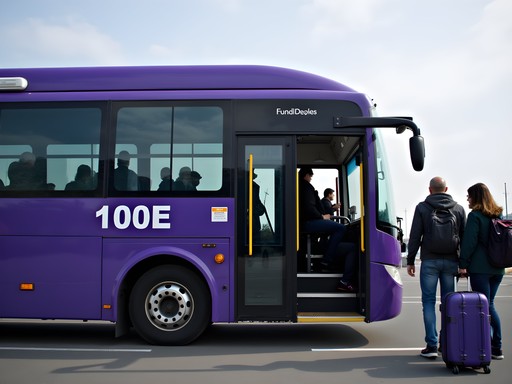
Comments
happyclimber
Any recommendations for good coffee shops in Vancouver to start the day before heading out on these adventures?
luckyninja
Compass Coffee downtown is amazing! Great place to fuel up and they open early for those day trips.
Morgan Taylor
I second Compass Coffee! Also really liked River Maiden if you're staying near the east side of town.
mountainwanderer
Love this approach! We did the Vancouver base camp thing last month and hit three national parks in a week. Such a money saver!
sunsetmood
That cost analysis section saved us so much money! Thanks for the detailed breakdown!
roamking
Planning a trip in November. Is the weather still okay for those volcano day trips then? Or should I save those for another season?
travelwanderer
We went in late October last year and Mt. Hood already had snow. Beautiful, but some roads were closed. Mt. St. Helens visitor center was still accessible though! Just bring layers and check road conditions before heading out. I used my hiking poles which were lifesavers on the slippery paths.
sunsetmood
Just got back from doing exactly this last month! Used Vancouver WA as our base and it was perfect. We saved about $70/night on accommodations compared to downtown Portland. The day trip to Mt. St. Helens was incredible - definitely allocate a full day for it. We also managed to catch a Timbers game which was electric! One tip: we found the parking at the Vancouver waterfront to be free after 6pm which made for lovely evening walks along the Columbia.
springking
How's the public transportation between Vancouver WA and Portland? Is renting a car essential?
Taylor Moreau
Not the author, but I've done this route. The C-TRAN bus service is quite reliable between Vancouver and Portland. For city exploration, public transit works well, but for those volcanic day trips mentioned, a car is preferable.
springking
Thanks! Good to know I can save on car rental for city days at least!
travelwanderer
Never thought of Vancouver, WA as a hub! Brilliant idea for avoiding Portland hotel prices while still seeing everything!
Taylor Moreau
It's one of those hidden gems that business travelers discover through necessity. The cost differential can be quite substantial, especially during peak seasons.
Douglas Bradley
Morgan's analysis reflects what I've observed in my travels throughout the Pacific Northwest. Vancouver, WA represents an interesting case study in peripheral accommodation strategy. The economic differential between Portland and Vancouver accommodations has widened by approximately 22% over the last three years, making this approach increasingly viable. I'd add that the cultural experiences available in Vancouver itself are often overlooked - the Fort Vancouver National Historic Site provides fascinating context on the region's development. I documented my findings using my travel journal which has been indispensable for my comparative urban studies.
wildperson
THIS IS GENIUS!! Been to Portland 5 times and always struggled with the expensive hotels. Never even considered Vancouver as an option! Booking there for my December trip RIGHT NOW! Anyone have hotel recommendations?
Oliver Duncan
The AC Hotel downtown is great - modern rooms and walking distance to restaurants. If you want something cheaper, the Comfort Inn near the mall is basic but clean and includes breakfast.
wanderlustnomad
OMG I'm so excited to try this! Going to the PNW in November and this post came at the perfect time! Bookmarking everything!
Venture X
Premium card with 2X miles, $300 travel credit, Priority Pass